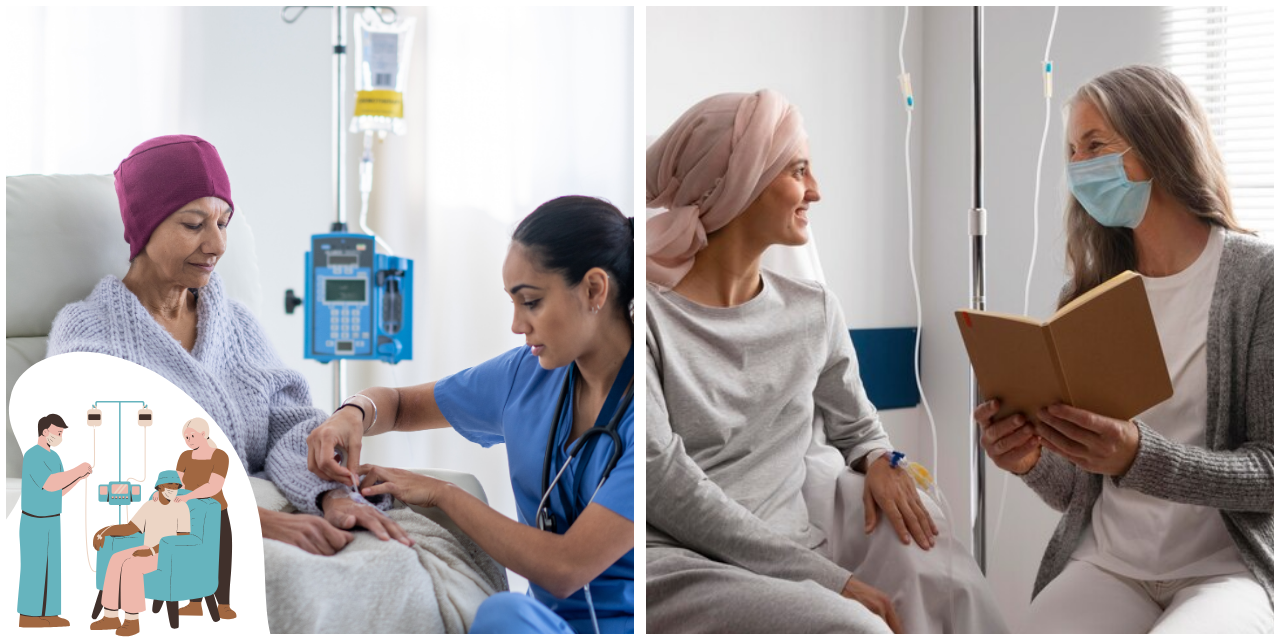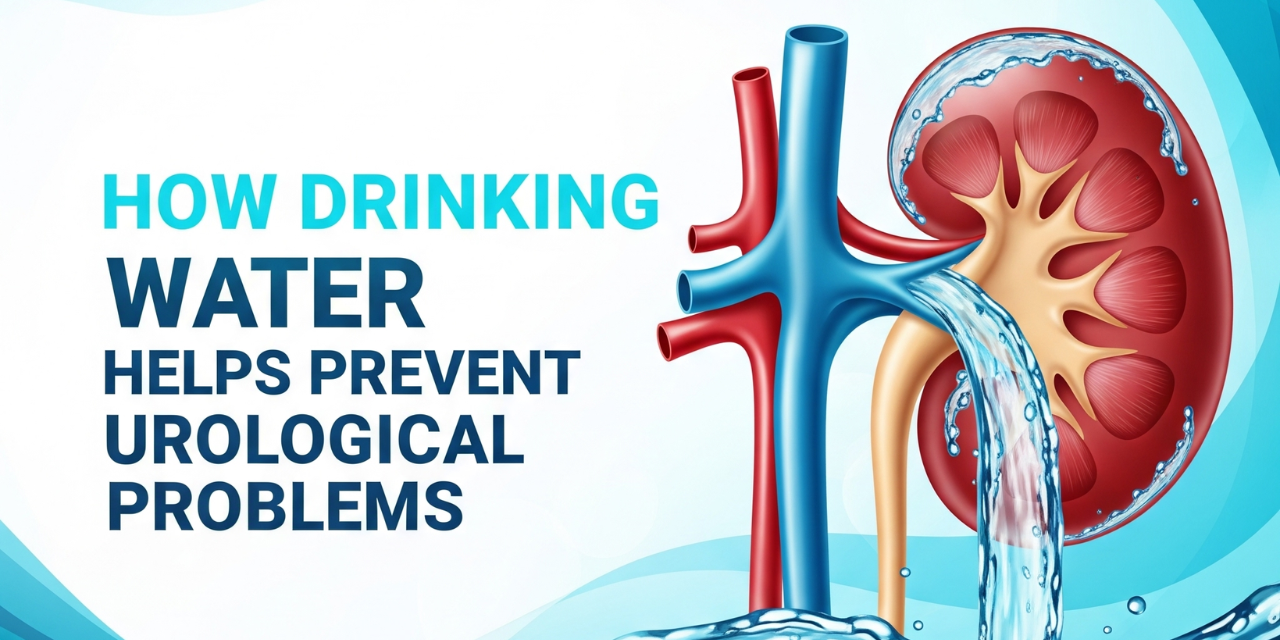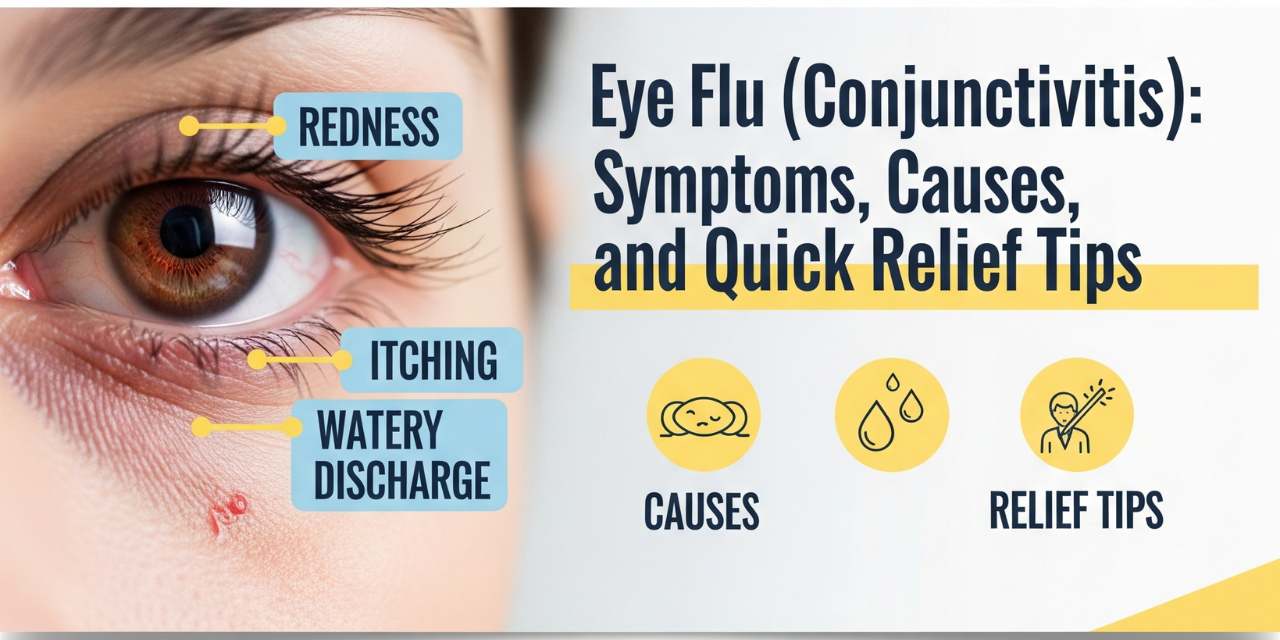Chemotherapy is a life-saving treatment for countless individuals battling cancer. However, it is also one of the most misunderstood medical treatments. Myths and misconceptions about chemotherapy often create unnecessary fear and anxiety, preventing patients from making informed decisions. In this article, we’ll address some of the most common myths about chemotherapy and reveal the facts, ensuring patients have accurate information. For those seeking chemotherapy in Patiala, it’s essential to be well-informed to receive the best care possible.
Understanding Chemotherapy
Chemotherapy involves using powerful drugs to target and kill cancer cells, which divide and grow rapidly. The treatment can be delivered in various ways, including intravenously or orally, depending on the specific regimen prescribed by an oncologist.
Patients may undergo chemotherapy alone or in combination with other treatments such as surgery or radiation therapy. The goal is often to shrink tumors before surgery or eliminate remaining cancer cells post-surgery.
Common Myths About Chemotherapy
Myth 1: Chemotherapy Always Causes Hair Loss
One of the most pervasive myths about chemotherapy is that it always causes hair loss. While it is true that some chemotherapy drugs can lead to hair thinning or hair loss, it is not a guarantee. The extent of hair loss varies depending on the type of chemotherapy, the dose, and individual factors. Not all chemotherapy regimens cause hair loss, and many people undergoing chemotherapy retain most of their hair. If hair loss does occur, it is usually temporary, and hair typically grows back after treatment ends.
Myth 2: Chemotherapy will make you sick.
While nausea was a common side effect in the past, advancements in anti-nausea medications have significantly reduced this issue. Not all patients experience severe side effects; in fact, many tolerate chemotherapy well and can maintain their daily activities.
Myth 3: Chemotherapy is painful.
Contrary to popular belief, chemotherapy itself is not painful. Patients may experience discomfort related to the administration of drugs or other treatment processes, but the treatment itself does not cause pain.
Myth 4: Chemotherapy weakens the immune system.
It’s a common misconception that chemotherapy severely compromises the immune system. While some patients may experience a temporary decrease in white blood cell counts, this does not mean they are at high risk for infections. Doctors monitor these levels closely and can provide supportive care as needed.
Myth 5: Chemotherapy is ineffective.
Some people think that chemotherapy does not work at all, which is misleading. Numerous studies show that chemotherapy can be highly effective, particularly when started early in the disease process. It plays a crucial role in increasing survival rates for many types of cancer
Myth 6: You Have to Stop Working During Chemotherapy
Many people assume that they will need to stop working or limit their activities while undergoing chemotherapy. While chemotherapy can cause side effects such as fatigue, it does not mean that all patients have to take time off from work. Many people continue to work and engage in normal activities during treatment, adjusting their schedules to accommodate for rest and recovery. It is important to listen to your body and work with your healthcare team to find a balance that works for you.
Conclusion
Understanding the realities of chemotherapy is vital for anyone facing a cancer diagnosis. By debunking these myths, patients can approach their treatment with more confidence and less fear. If you or a loved one is considering chemotherapy in Patiala, consulting with an experienced oncologist is essential.For personalized care and expert advice on your treatment options, you can reach out to Dr. Abhitesh Singh at Deep Hospital. For inquiries or to schedule an appointment, please call +911752282980.













